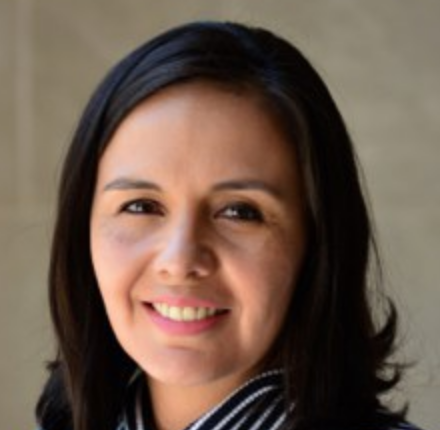Same Difference? The Ethics of Gene-editing for Conventional, Plant-based, and Cell-based Meat Products
Presented by Dr. Robert Chiles and Lina Tami-Barrera
Bio
Dr. Robert Chiles
Robert M. Chiles is an assistant professor in the Department of Agricultural Economics, Sociology, and Education and the Department of Food Science and a research associate in the Rock Ethics Institute. He received his PhD from the Department of Community & Environmental Sociology at the University of Wisconsin-Madison.
Broadly, his research and teaching interests involve examining how agricultural ethics and sustainability are interwoven with the everyday lives of ordinary people. He is currently exploring how the social acceptability of meat has been disrupted and re-negotiated in light of growing controversies over health, food safety, sustainability, and ethics. Chiles’ earlier work analyzed the ethics and cultural politics of in vitro meat (a nascent technology that attempts to produce meat from stem cells). His research has been published in Agriculture and Human Values, Journal of Consumer Behaviour, Controversies in Science and Technology: From Sustainability to Surveillance (Oxford, 2014), and Contexts.
Lina Tami-Berrara, MBA 
Lina Tami-Barrera is a graduate student and research assistant in the Rural Sociology program and International Agriculture & Development (INTAD) at Penn State. She has an MBA from the Universitat Politecnica de Catalunya (Spain) and a BA in Economics from the Universidad Externado de Colombia. Lina has been awarded scholarships from Fulbright-USDA and AGAUR-DEBEQ from Generalitat de Catalunya.
She has extensive experience working on rural development, agriculture, and food system issues in Latin America, including technology transfer and innovation, climate change adaptation, and emergency relief and disaster recovery in rural settings.
Broadly speaking, her research interests include the social and economic aspects of technology in agricultural and food systems, Agricultural Innovation Systems (AIS), and the sustainability of agriculture and rural communities from the public policy perspective. Currently, Lina is working on the USDA-funded project Alternative economic platforms for cellular agriculture: Socioeconomic, cultural, environmental, legal, welfare, and ethical implications, led by Dr. Robert Chiles.
